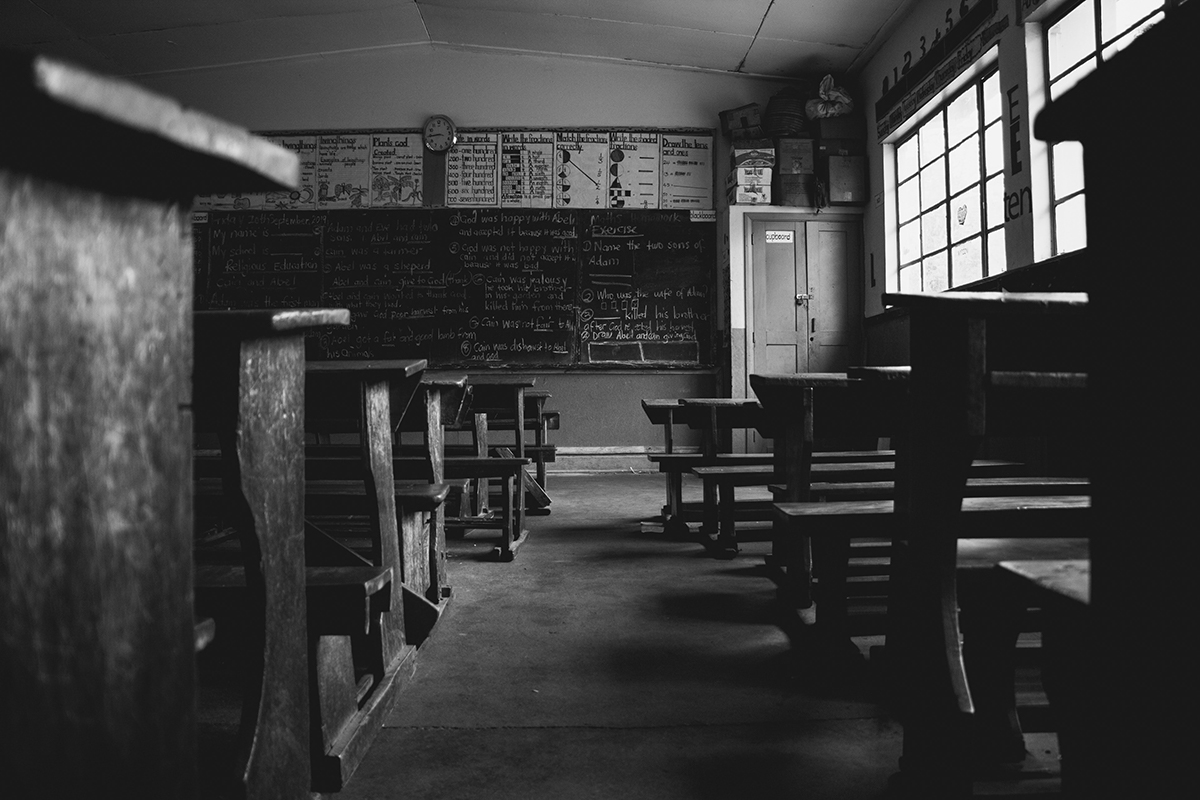Roadblock to True Achievement
“We have to get the students caught up.” “We are so far behind.” “We have to test to make sure the kids have met the standards.” We are hearing these phrases every day on the news, in schools, and in our everyday life.
What’s wrong with this focus? In our zeal to return to “normal,” we are failing to celebrate the fact that we have survived a pandemic. We have learned to deal with challenges that we never thought we would see in our lifetime. We have conquered some of our fears. We have learned to live safer and healthier. We juggled major tasks while we were in quarantine, wearing masks and socially distancing. Whether we are a teacher, a nurse, a parent, a child, or in any other profession, we got creative and learned how to do things in a different way. We learned to use technology to meet our needs to connect. In short, we grew.
In our zeal to return to “normal,” we are failing to express our gratitude for what we have and what we accomplished. The pandemic provided many of us to spend more time with family, more time to work on projects we wanted to do, and more time to read and watch our favorite shows. We grew.
Now, after periods of time with remote or hybrid learning, many of our children have returned to the classroom, and now the focus is on getting them caught up academically from the time they missed. This may not be realistic for some children. They may have learned other beneficial knowledge while in a different setting, and that knowledge may not be in the required academic standards but is meaningful to learning life lessons. They may have learned the importance of taking care of their own health. They may have learned to take care of an ailing family member, and that is an important skill. They may have learned new technology skills that will serve them well in future endeavors.
For children with anxiety, we are adding undue pressure when we tell them they must learn 18 months of academic standards content in 9 months. Some are saying that the number of children experiencing anxiety has now doubled. We want to support and assist our students, not burden them with more worries.
Imagine the pressure on teachers when they are told by administration and school boards that they must teach double content even when the students may not be ready for it and maybe having social/emotional problems. Imagine the pressure on administrators who are under a microscope by the public to cover the standards. Imagine how parents feel. They are worried that their children have fallen behind and may not pass to the next grade or may not get into college or a trade school.
An alternative approach to this catch-up way of thinking is one that focuses on growth. Let’s celebrate the growth our children make; no matter how small, they are moving in the right direction, and that is the key. We are there to break tasks down into small steps so they can see progress. Let’s have them focus on where they are, not being critical of their level, and chart the progress they make. Let’s have them set goals for the day and then celebrate the goals they reached. Let’s have them help their fellow students to reach their goals. Let’s have them write down a new skill or more that they learned each day and tell us how they can apply that skill. Let’s use affirmation statements to recognize them for how they worked hard. Let’s attribute their success to themselves and their work toward their goals of growth.
Let’s celebrate what children have learned during the pandemic, be grateful for what was accomplished, and take steps to show our children their progress and accomplishments. Growth, not catch-up, provides the avenue for success.

0 Comments